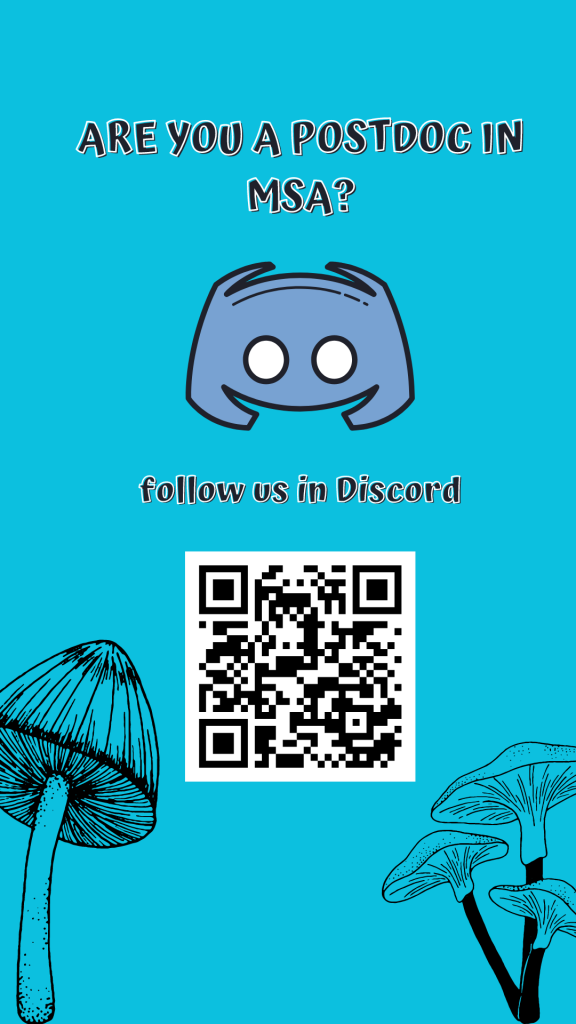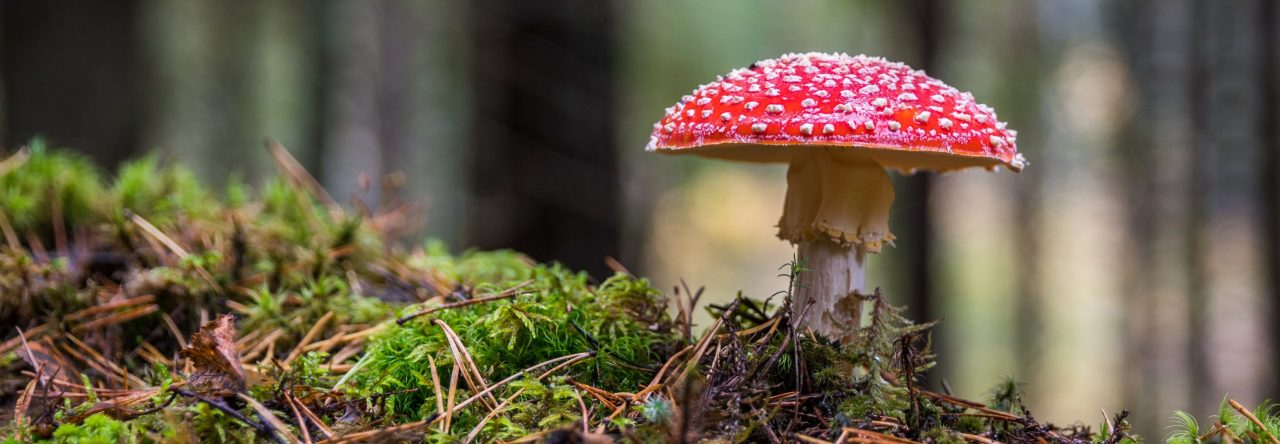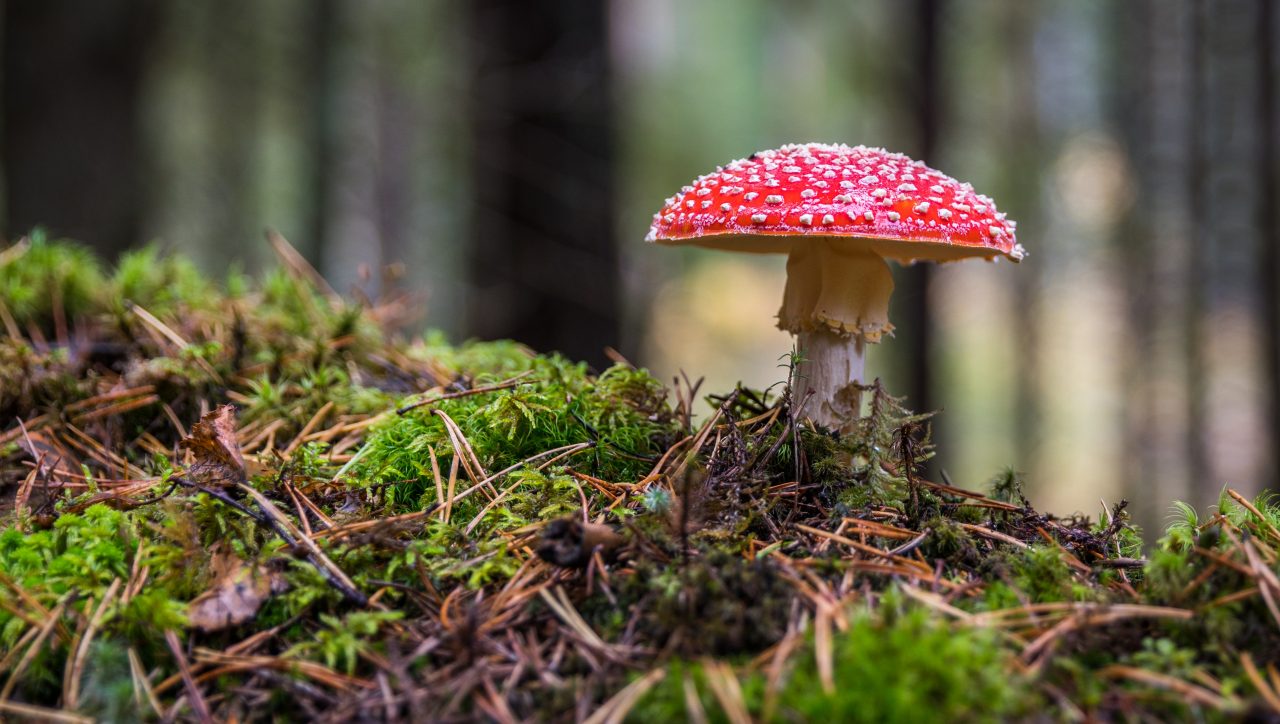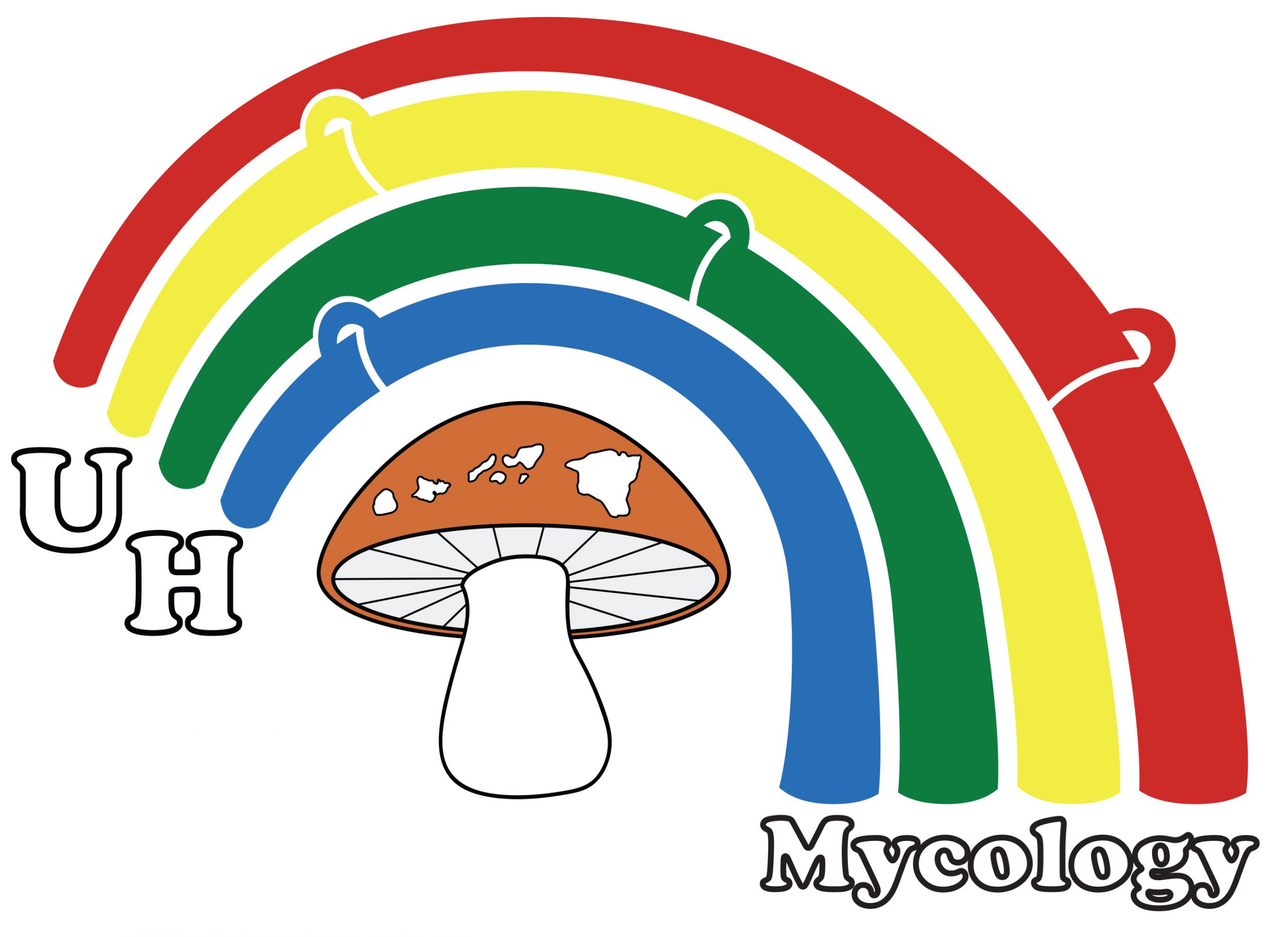
Are you a postdoc in the Mycological Society of America? Then, we’d love for you to join our MSA Postdocs Discord community! Follow the link below to join:


A postdoctoral associate position is available to study turfgrass rhizosphere, phyllosphere and fungal pathogen hyphosphere microbiome, and their functions in suppressing or promoting turfgrass diseases using multi-omics techniques. This post-doctoral associate position will be housed in the Chou lab and co-advised by Dr. Ning Zhang in the Department of Plant Biology at Rutgers, The State University of New Jersey, New Brunswick, NJ. This position will also work intimately with the productive researchers in the Center for Turfgrass Science at Rutgers and contribute to the overall mission of the Center.
The position will have the following responsibilities:
The ideal candidate will have a Ph.D. degree in plant pathology, microbiology, or related discipline with extensive experience in multi-omics techniques, statistic and data analysis using R/Python, bioinformatic proficiency and excellent communication and writing skills. The position will involve collaborating with mycologists, soil scientists, plant breeders, and plant pathologists. If an exceptional candidate is identified whose ambition and capabilities exceed the proposed study’s scope, we are open to adjusting the research direction and techniques accordingly. The Chou lab is committed to accommodate any current and future lab members for their personal and professional development to the best of our capability within reason.
The starting salary is $54,250 and will be commensurate with experience. The initial appointment is for one year; renewal for additional years is likely pending satisfactory performance. Review of applications will begin immediately and continue until the position is filled. Please reach out to Dr. Ming-Yi Chou (mingyi.chou@rutgers.edu) with any questions about the position. Interested applicants are to apply online at https://jobs.rutgers.edu/postings/199300 and upload a single pdf file containing: 1) a cover letter describing your research experience and interest in the position; 2) a curriculum vitae; 3) names and contact information of at least three professional references.

University: Middle Tennessee State University
Location: Murfreesboro, TN
Job Category: Postdoctoral Research Associate
Salary: $50,000/year plus benefits
Start date: January 2022
Last date to apply: December 18, 2021
Website: https://walkerlabmtsu.weebly.com/
Description:
The Microbiome Ecology Lab at Middle Tennessee State University is seeking an outstanding postdoctoral research associate for an NSF funded project entitled “Gut-inhabiting fungi influence structure and function of herptile microbiomes through horizontal gene transfer and novel metabolic function”. Understanding the biodiversity and function of microbes that are present in the digestive tracts of reptiles and amphibians is critical for insight into their role in host health. The NSF project will focus on the filamentous fungus Basidiobolus as an important member of reptile and amphibian gut microbiomes. Preliminary evidence suggests that this fungus influences what types of bacteria are present in the digestive tract. Genomic sequencing of the Basidiobolus fungus shows that genes have been transferred to the fungus from the gut bacteria. This transfer of genes between bacteria and fungi results in novel metabolism in the fungus that we propose plays important roles in regulating the reptile/amphibian host’s immune system, iron metabolism, and chemical communication with the gut bacteria. An interdisciplinary scientific approach will occur with Dr. Jason Stajich at University of California Riverside and Drs. Joey Spatafora and Kerry McPhail at Oregon State University to understand the functional roles that specialized metabolites play in microbial interactions between fungi and bacteria in gut microbiomes of animals and also other natural microbiomes.
The postdoctoral research associate will 1) conduct a controlled live animal experiment to study bacterial-fungal interactions in the Wood Frog gut microbiome and 2) contribute to field work, molecular processing, and statistical analysis of large heterogeneous microbial community ecology datasets.
The target start date is January 2022. Initial appointment is for one year with the possibility of renewal given satisfactory performance.
Position breakdown:
90% data collection, analysis and manuscript preparation
10% student training and outreach
To apply:
Follow instructions at the link (https://careers.mtsu.edu/en-us/job/495502/biology-postdoctoral-research-assistant) to complete an online application for the position and attach the following documents:
Review of the applications will begin immediately and will continue until the position is filled. For more information, please contact Dr. Donny Walker (Donald.Walker@mtsu.edu)
Qualifications:
Other desired qualifications:
Contact person: Donny Walker
Contact email: Donald.Walker@mtsu.edu

Department of Microbiology and Plant Pathology
University of California, Riverside (UCR)
The Glassman Lab at the University of California, Riverside is now accepting applications for a postdoctoral researcher position focused on fungal ecology. The Glassman lab studies ectomycorrhizal, arbuscular mycorrhizal, and saprobic fungal ecology, bacterial-fungal interactions, decomposition, the impacts of fires on fungi and bacteria, and the use of microbes to improve post-fire regeneration. The recruit has the potential to lead ongoing projects in the Glassman lab or propose their own independent idea relevant to ongoing projects in the Glassman lab. We use a combination of approaches including fieldwork, greenhouse work, culturing, molecular ecology, next generation sequencing, bioinformatics and multivariate statistical analyses to advance fungal ecology. For more information on the Glassman lab please visit our website: https://sydneyglassman.wordpress.com.
Applicants should have, or be close to receiving, a PhD in microbial ecology, mycology, molecular ecology, or a closely related area. Applicants with experience working with arbuscular and/or ectomycorrhizal fungi will be given high priority. Additional minimum qualifications include: at least one peer-reviewed first-author publication in a related field, willingness to perform field work in California, effective written and oral communication skills, ability to work well independently and as part of a team, and passion for fungi. Additional necessary qualifications include: bacterial or fungal culturing, expertise in ecological experimental design, programming in R, advanced multivariate statistical analysis, bioinformatics, and molecular techniques including DNA extractions, PCRs, and 16S or ITS sequencing. Experience with or desire to learn network analysis, metagenomics, genomics, or transcriptomics would be a bonus.
UC Riverside is a world-class research university with an exceptionally diverse undergraduate student body. Its mission is explicitly linked to providing routes to educational success for underrepresented and first-generation college students. A commitment to this mission is a preferred qualification.
How to apply/contact: The position could commence as early as April 15, 2021 but no later than July 15, 2021. Screening will begin February 15 and will continue until the position is filled. Salaries scales for first year post-doctoral researchers begin at $53,460 and are available on this website (https://graduate.ucr.edu/postdoctoral-studies). All UC Riverside Postdoctoral scholars are eligible to participate in the Postdoctoral Scholar Benefit Plans, which include medical, dental, vision, life, and disability insurance. Candidates should apply directly to Dr. Sydney Glassman via email to sydneyg@ucr.edu by submitting a single PDF file containing: Curriculum vitae (CV) and cover letter indicating your research interests and how you meet the minimum qualifications, and listing the contact information of three references. The subject of the email should be “Postdoctoral Scholar in Fungal Ecology”.
The University of California is an Equal Opportunity Employer. All qualified applicants will receive consideration for employment without regard to race, color, religion, sex, sexual orientation, gender identity, national origin, age, disability, protected veteran status, or any other characteristic protected by law.

The Doyle Lab at Louisiana State University is recruiting a postdoctoral research associate to be involved in a project to understand the role of soil microbiota in the dieback of Phragmites australis along the Gulf Coast and research to develop approaches leveraging native soil microbes for restoration efforts. The postdoctoral research associate will be expected to play a part in designing and conducting field, mesocosm, greenhouse, and laboratory experiments, analyzing data, writing manuscripts, presenting results at meetings and conferences, and mentoring undergraduates. Prior experience with microbiome data collection and statistical analysis is required. Ability to carry out strenuous work in a hot and humid climate in coastal marsh habitats will be necessary. Demonstrated experience carrying out microbiome studies, preferably in the context of plant-soil-microbe interactions, is required. Preference will be given to those with a background in mycology and/or experience working with fungal and bacterial cultures. Excellent interpersonal, oral and written communication skills and a willingness and ability to interact and collaborate with other scientists are essential to the success of the research. A valid Louisiana State driver’s license and ability to drive is required at the time of appointment. A start date in March is preferred.
Please contact Vinson Doyle if you have any questions at: vdoyle@agcenter.lsu.edu
Applications should be submitted here.

The Manosalva laboratory at UCR is recruiting for a highly motivated postdoc to work on different projects recently funded by USDA grants to understand P. cinnamomi (Pc) genetic and phenotypic diversity, host adaptation, and to develop molecular diagnostics tools. Phytophthora species’overall economic damage to crops in the United States (US) is estimated to be in the tens of billions of dollars, including the costs of control measures. Phytophthora cinnamomi, a widely distributed devastating soil-borne oomycete pathogen, causes Phytophthora Root Rot (PRR) in over 5,000 plant species including many of importance in agriculture, forestry, horticulture, and nursery industry. Avocado PRR remains the common hindrance to avocado production worldwide. This pathogen affects approximately 60-75% of California (CA) avocado growers causing losses of $40 million annually. Despite the importance of this devastating pathogen, the mechanisms explaining the genetic and phenotypic variability as well as host adaptation are completely unknown. Moreover, the recent identification of fungicide resistant Pc isolates that are also more virulent in avocado argues for the development of new strategies for Pc management.
Description. The successful candidate will lead existing and new projects focused on elucidating the molecular basis of pathogen genotypic and phenotypic diversity by integrating molecular, biochemical, genomic,
transcriptomic, and comparative genomics approaches. The appointed will also oversee the P. cinnamomi lab collection and will also participate in the pathogen yearly surveys with other members of the Manosalva research
team. This candidate will work with and assist US collaborators on the development of isolate/clade/phenotypicspecific DNA- and protein-based diagnostic tools that will allow us to monitor the spread and distribution of more virulent and fungicide resistant isolates as well as to detect the emergence or introductions of new P. cinnamomi isolates, which can be detrimental for agriculture, forestry, natural communities, and biodiversity. This position entails laboratory, greenhouse, and field work. The appointee will analyze data, write progress reports, and publications in a timely manner as well as work and train graduate and undergraduate students in the lab.
Minimum qualifications
• A Ph.D. in plant pathology, microbiology, or related areas.
• Experience working with oomycete or fungal pathogens (basic laboratory culture and greenhouse inoculation methods).
• Demonstrated skills and experience analyzing Next Generation Sequencing data.
• Experience with execution of bioinformatic pipelines for genome and transcriptome sequencing analyses.
• Extensive experience with DNA- and RNA-based techniques including nucleic acid isolation and qPCR.
• Strong publication records.
• Excellent communication and writing skills, since this position involves preparing research progress reports and assisting the PI in publications and grant writing activities.
• Work independently and in a collaborative multidisciplinary environment. The appointee will interact with a big research team of ~14 Co-Project Directors with different areas of expertise including Horticulturist, Plant Pathologist, Plant Breeders, Engineers, Bioinformaticians, Farm Advisors, and Extension Faculties.
Preferred qualifications
• Candidates with dual background in Phytophthora spp. biology and genomics will be strongly considered.
• Experience/knowledge related to plant-oomycete molecular interactions and effectoromics will be a plus.
• Experience working with pathogen diagnostic tools such as mitochondrial haplotypes, qPCR, and recombinase polymerase amplification (RPA) will be a plus.
• Knowledge of Linux and computer programing languages will be a plus.
UCR is a world-class research university with an exceptionally diverse undergraduate student body. Its mission is explicitly linked to providing routes to educational success for underrepresented and first-generation college students. A commitment to this mission is a preferred qualification.
How to Apply/Contact: The position could commence as early as November 1st, 2020 but no later than January 15th, 2021. Screening will start on September 21th and will continue until the position is filled. Salary will be competitive and commensurate with qualifications and experience. Candidates should apply directly to Dr. Patricia Manosalva via email by submitting a single PDF file containing: cover letter and curriculum vitae
(CV) indicating how you meet the minimum qualifications and listing the contact information of three references to patricia.manosalva@ucr.edu. The subject of the email should be “Postdoctoral Scholar in Phytophthora cinnamomi”.
The University of California is an Equal Opportunity/Affirmative Action Employer. All qualified applicants will receive consideration for employment without regard to race, color, religion, sex, sexual orientation, gender identity, national origin, age, disability, protected veteran status, or any other characteristic protected by law.

Switchgrass is a cellulosic bioenergy crop that is being tested for performance on non-arable (marginal) lands. We seek an excellent Postdoc to conduct microbiome research to understand the drivers and consequences of switchgrass rhizosphere communities, and to coordinate plant, fungal, and bacteria-based team research activities across labs. The position will be located on the Michigan State University (MSU) main campus (East Lansing), but will frequently travel to execute collaborative projects at MSU’s Kellogg Biological Station (Hickory Corners) and present GLBRC microbiome results at meetings.
Check the following link for information on requirements, application instructions and more https://careers.msu.edu/en-us/job/503845/research-associatefixed-term.

The Hynson Lab at the University of Hawaii Manoa is now accepting applications for a postdoc position focused on mycorrhizal ecology and forest restoration. The recruit will work with an interdisciplinary team of ecologists on a recently funded NSF study aimed at assessing ecological feedbacks across trophic levels, their effects on alternative stable states and restoration of tropical forests. The goals of this project are: 1) advance our understanding of alternative stable state theory as it applies to restoration, 2) evaluate how ecosystem condition is affected by priority effects, multiple potential feedbacks and the presence/loss of key species, and 3) determine whether all potential feedbacks must be addressed simultaneously, or whether manipulation of individual state variables can drive change. Collaborators include Dr. Stephanie Yelenik and Dr. Eben Paxton from USGS Hawaii, Dr. Carla D’Antonio from UC Santa Barbara and Dr. Erin Mordecai from Stanford University. Our lab is specifically interested in the role of arbuscular and ericoid mycorrhizal fungi in abetting native plant establishment and the feedbacks between vegetation type, soil environment, and mycorrhizal fungi.
Applicants should have, or be close to receiving, a PhD in one of the following areas: fungal biology and ecology, molecular ecology, and/or plant ecology. Applicants with experience working with arbuscular and/or ericoid mycorrhizal fungi will be given high priority. Additional minimum qualifications include: a minimum of one peer-reviewed publication in a related field, willingness to perform field work at the Hakalau National Wildlife Refuge on Hawaii Island, effective written and oral communication skills, ability to work well independently as well as part of a team, and relevant laboratory skills including experience with molecular techniques. Desired qualifications include experience with next generation sequencing data collection and analysis, ecological experimental design, modeling and statistics such as network analyses, greenhouse and culturing experience, and involvement in mentoring undergraduate and/or graduate students.
The postdoc will be expected to carry out a portion of the work outlined in our grant, but will also have the option of developing studies within his/her specific area of interest as they relate to mycorrhizal ecology. Pay is commensurate with experience, start date is somewhat flexible, and appointment is for one year with the possibility to extend for an additional year provided acceptable progress. Interested parties should email the following to Nicole Hynson
· A brief coverletter outlining how you meet the minimum, and any of the desired qualifications.
· A Current CV with a list of 3 references and their contact info.
Review of applications will begin on February 27th, but the position will remain open until filled. For more information on the Hynson Lab and the University of Hawaii see hynsonlab.com
The University of Hawaiʻi is an equal opportunity/affirmative action institution and is committed to a policy of nondiscrimination on the basis of race, sex, gender identity and expression, age, religion, color, national origin, ancestry, citizenship, disability, genetic information, marital status, breastfeeding, income assignment for child support, arrest and court record (except as permissible under State law), sexual orientation, domestic or sexual violence victim status, national guard absence, or status as a covered veteran.
Powered by WordPress & Theme by Anders Norén